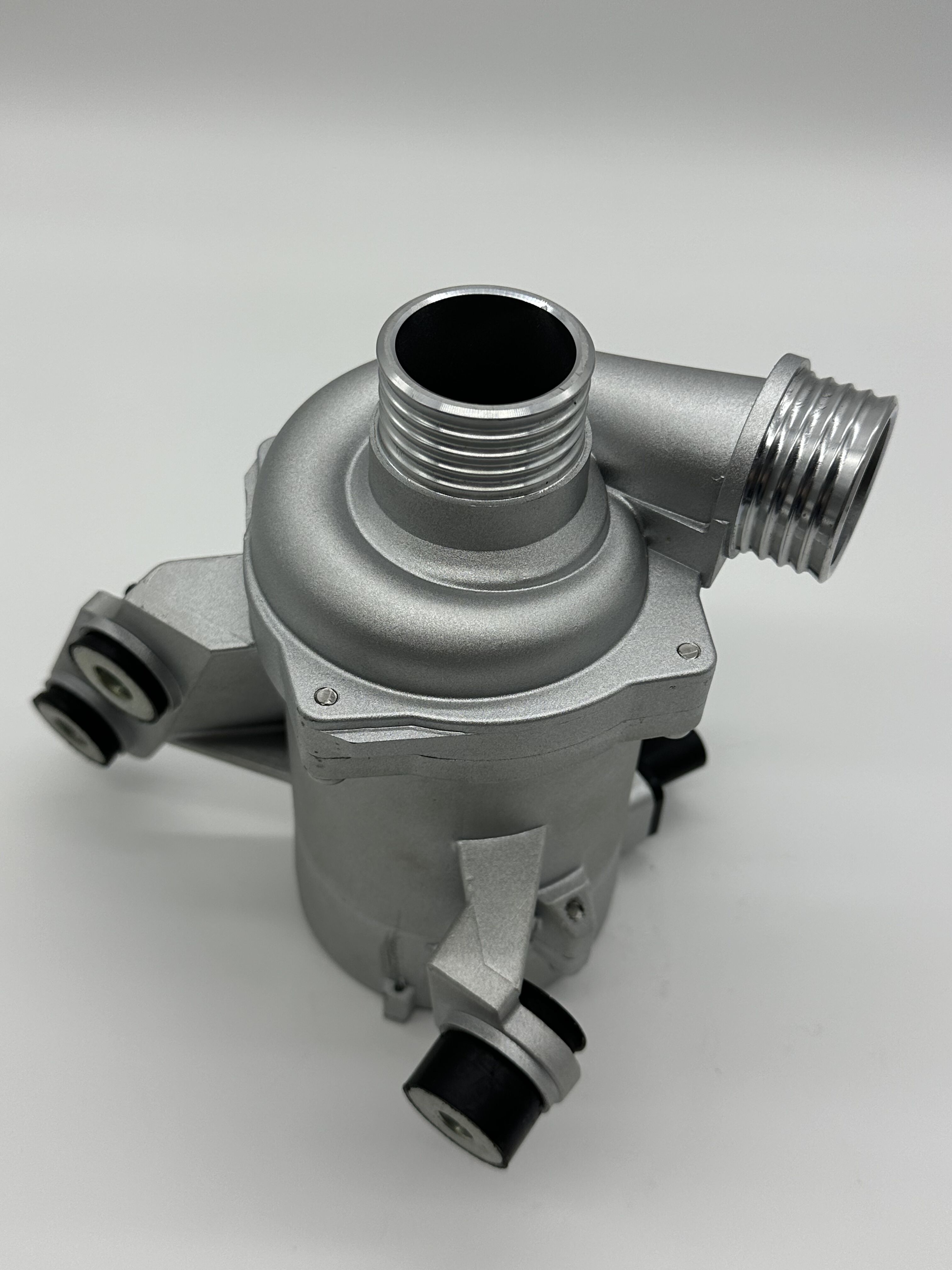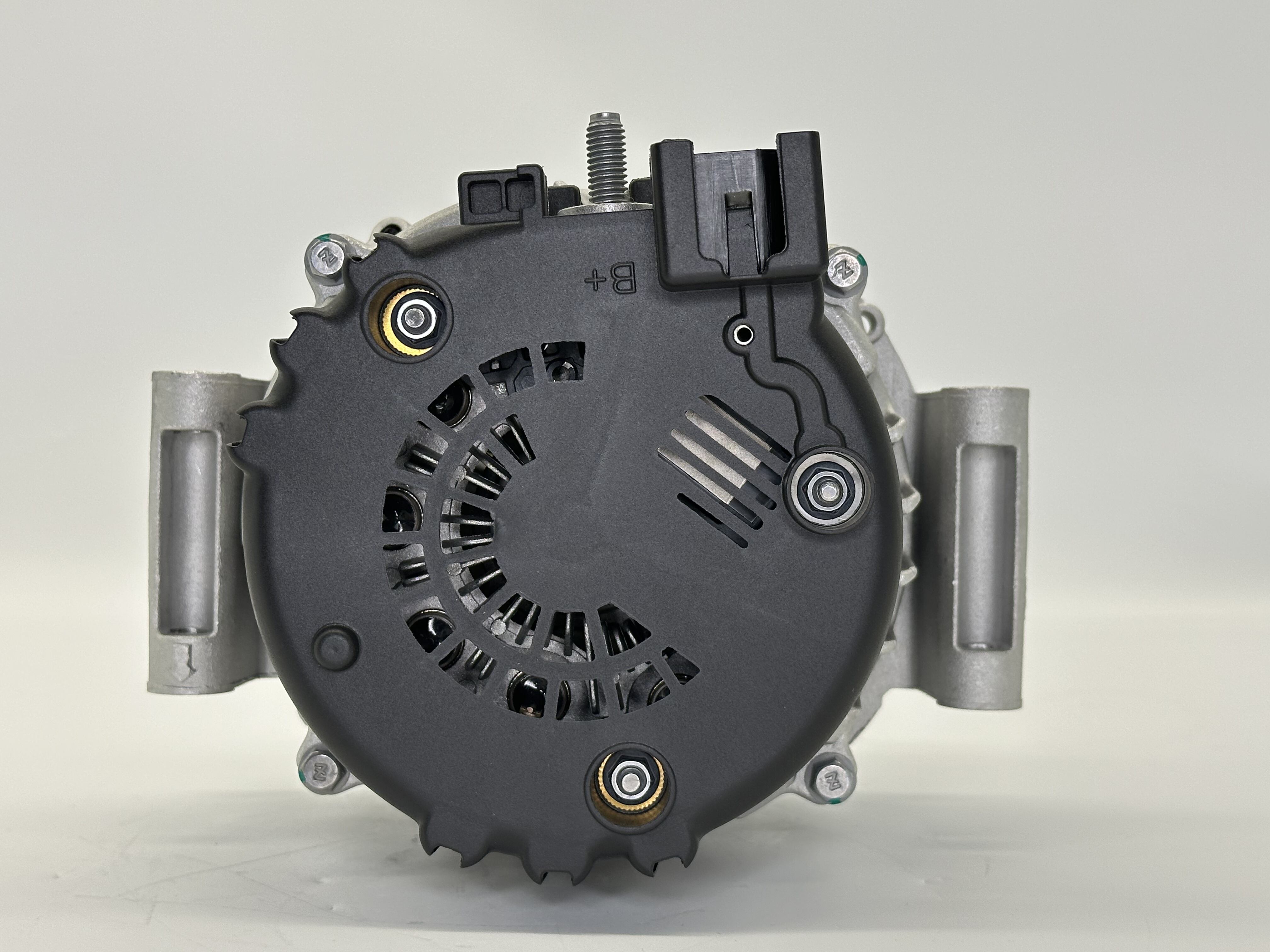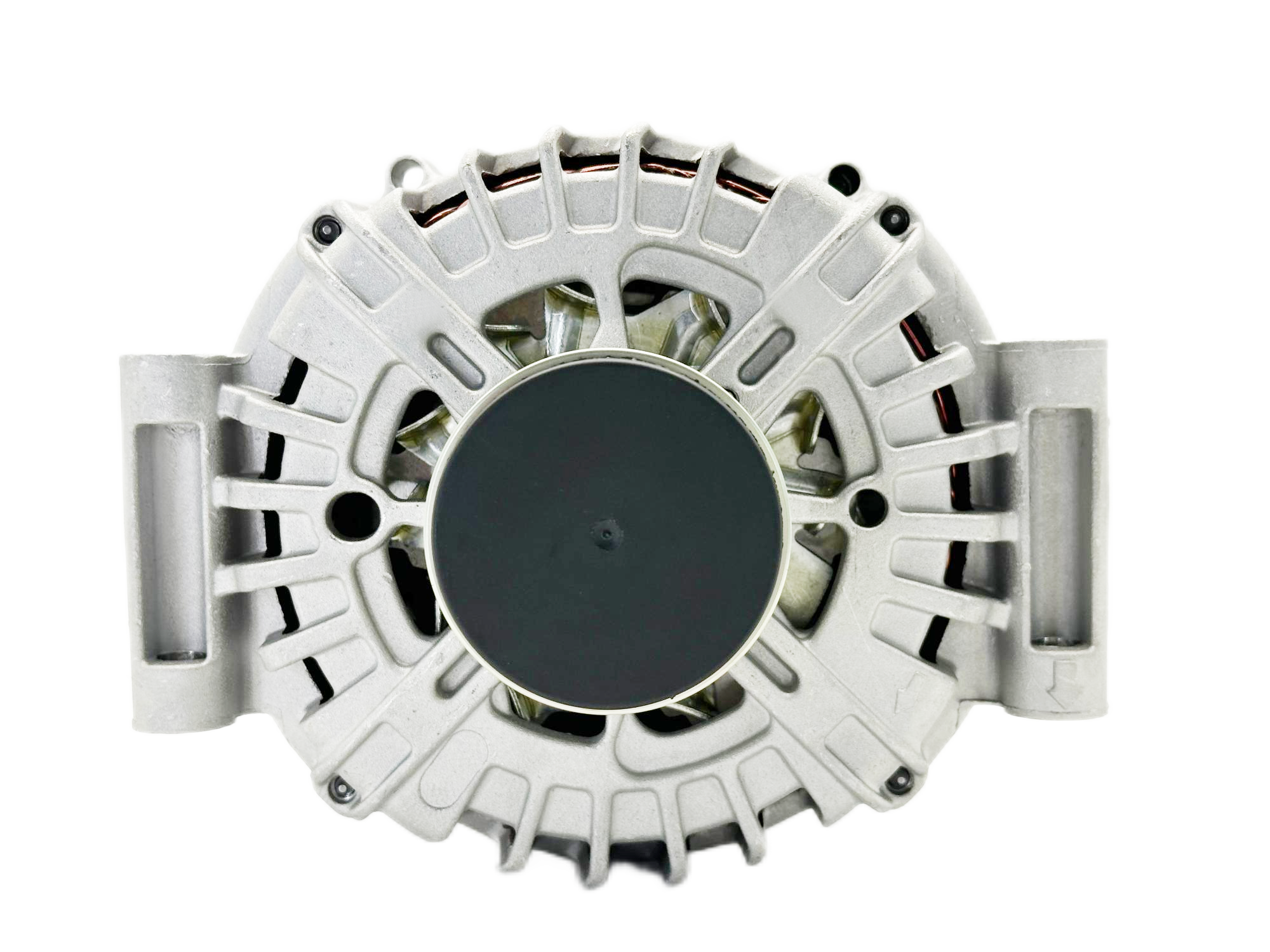fabricatores alternatorum automobilium
Fabricatores alternatorum automobilium ludum magnum in industria automotiva agunt, producendo componentes essentiales quae systemata electica vehiculorum impellunt. Hi fabricatores conjungunt scientiam ingenii avancati cum processibus manufacturae praecisionis ad alternatores fideles creanda, qui energiam mechanicam in potentiam electricam convertunt. Alternatores moderni technologiam ultimam et measuras qualitatis adhibent ut certi fiant producta sua normas et requisita automotiva severa implere. Sophisticata instrumenta probandi et lineas productionis automatizatas adhibent ut constantiam et fidem in exitu suo servent. Huiusmodi facilitates saepius departmenta investigationis et developmentis complectuntur quae se in meliorando efficaciam, durabilitatem, et compatibilitatem alternatorum cum variis modellis vehiculorum exercent. Processus manufacturae implicat productionem componentium clavium, inter quos rotatores, statatores, rectificatores, et regulatores voltaminis, omnes quibus cum praecisione componuntur ut unitates efficiant quae condicionibus exiguis applicationum automotivarum resistere possint. Multi fabricatores item optiones customizationis offerebunt ut requisitis specificis vehiculorum satisfaciunt et societates cum maioribus societatibus automotivis conservant ut certi fiant producta sua congruere designis recentibus vehiculorum et progressibus technologicis.


